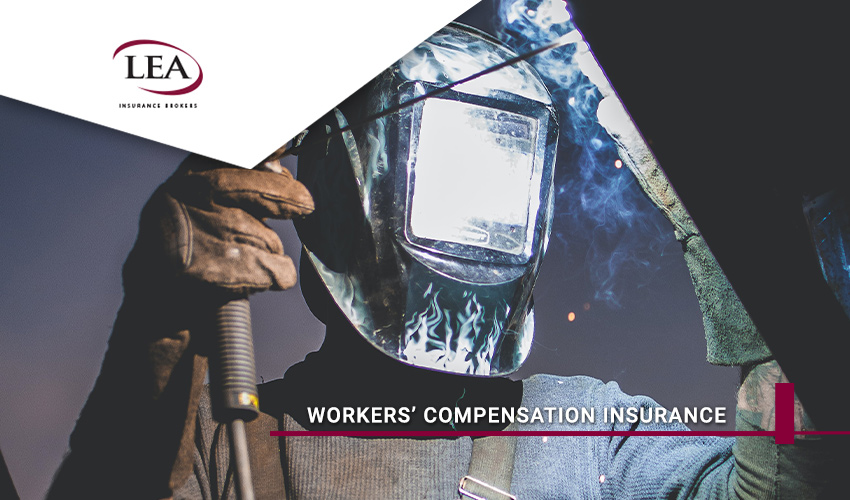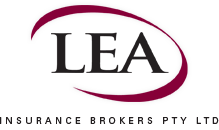
Tradies’ health risks explained
Wounds, lacerations, fractures, traumatic joint injuries, hearing loss, musculoskeletal disorders, mental health issues, and lung conditions, are just some of the health risks that tradies face.
According to Safe Work Australia, tradespeople make up 30% of the workforce, but account for 58% of serious workplace injury claims.
This article will cover how you can minimise your occupational health risks and encourage you to celebrate Tradies National Health Month this August.
Hear us out
Extended exposure to noise, very loud impact, or explosive sounds in your workplace can lead to permanent hearing loss or tinnitus – ringing in the ears. Employers should aim to keep noise levels below 85 decibels for a worker’s eight-hour shift. Occasionally though, sledgehammers, gunshots, or other gear may hit a peak, but must not be above 140 decibels, says Safe Work Australia. A good yardstick is if you need to raise your voice to speak to someone about a metre away, then both of you are risking your hearing.
Offering your staff hearing protectors such as ear-muffs or earplugs is great, but aim to ensure they wear them even when they’re not in the presence of a manager. You can also control loud noises at the source, such as with silencers or lower fan speeds, and limit how long staff are exposed to loud noise. Give them breaks in quiet zones. For more tips, check out the Model Code of Practice: Managing noise and preventing hearing loss at work.
Preventing sprains and strains
Hazardous manual tasks are part of a tradesperson’s average workday and can include:
- Sustained or awkward posture
- High, repetitive, sudden, or sustained force
- Repetitive movement
- Exposure to vibration.
Such tasks can lead to musculoskeletal conditions, such as:
- Muscle, ligament, and tendon sprain or strains
- Back injuries
- Degenerating joints and bones
- Nerve injuries or compressions, including carpal tunnel syndrome
- Soft-tissue hernias
- Chronic pain
Employers must manage the health risks of staff undertaking hazardous manual tasks. Check your state’s safety organisation. Analysing your work systems, workplace design, and layout, plus environmental conditions, will give you insights into minimising the risks. Just training workers on how to lift won’t eliminate the risk because you’re relying on worker behaviour, research has shown. Check out RAMP, a free risk assessment tool to tackle manual handling risks that draws on insights from 85 countries. And, try these three pre-work warm-up stretches tailored for tradies.
Mind your business
Tradies in the construction industry have a higher risk of experiencing mental health issues than workers in other professions, research has found. It pointed to long hours at work, fatigue, and a ‘macho’ work culture that contributes to poor mental health.
The Blokes Psychology website offers these tips for tradies who are struggling:
- Talk to a trusted person to share your problem
- Learn about the warning signs, symptoms of and support services for mental health issues
- Talk a break from work or rethink your workload to give your brain a breather
- To seek professional support and advice such as through MensLine Australia, Mates in Construction, Lifeline, or Beyond Blue.
How to breathe easier
Occupational lung diseases include asbestosis, asthma, and silicosis. The latter is an incurable disease named a priority condition under the Australian Work Health and Safety Strategy.
Last year, Victoria introduced a new code of conduct to help protect tradies from silicosis. The move followed a ban on dry-cutting engineered stone the previous year. You can find out more about what the code says employers can do to keep staff safe.
Minimising your risks even further
If you employ staff, you must have workers’ compensation insurance. That covers their wages while they’re not at work after an employment-related injury, plus medical expenses and rehabilitation. But if you’re self-employed and don’t have a company, you can protect your livelihood with personal accident and sickness insurance. That means if you’re injured or ill, your policy may cover weekly loss of income. Check with us to see what your policy entails.
You can opt to cover just for income loss due to injury, illness, or both, plus extras such as death benefits, business expense cover, or disablement benefits. Personal accident and sickness insurance usually won’t cover issues such as pre-existing conditions, self-harm, mental illness, or injuries while under the influence of drugs or alcohol.
We can help tailor better protection for you, so it’s part of your tradie toolkit for better health.
